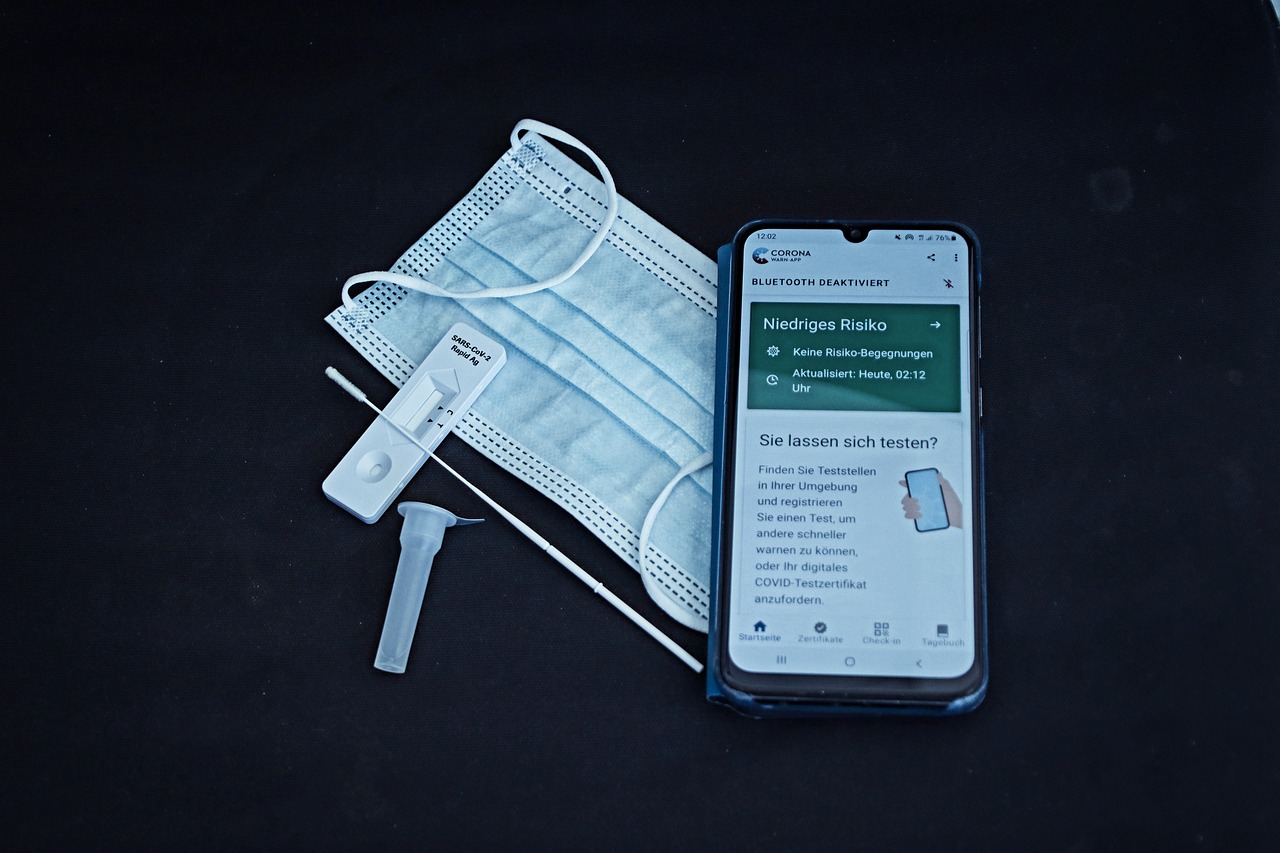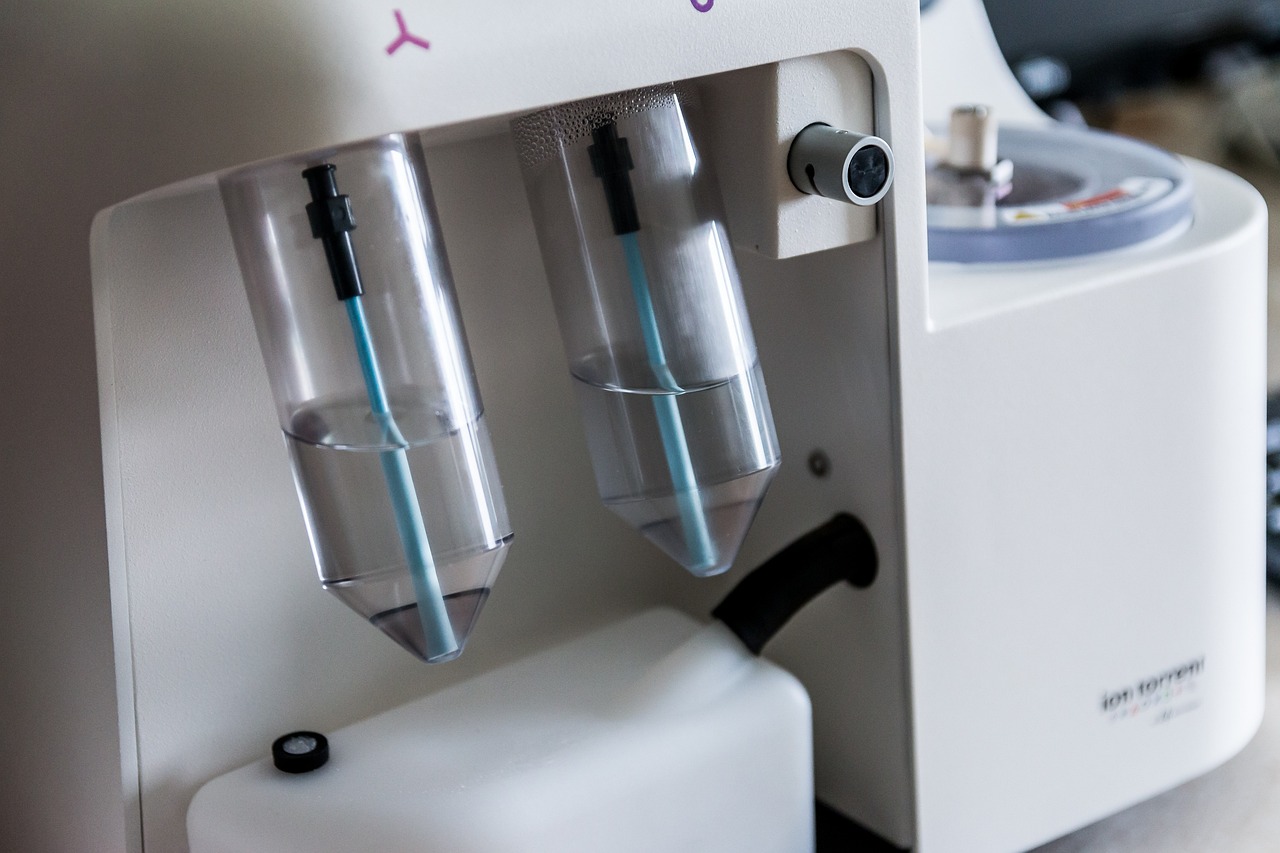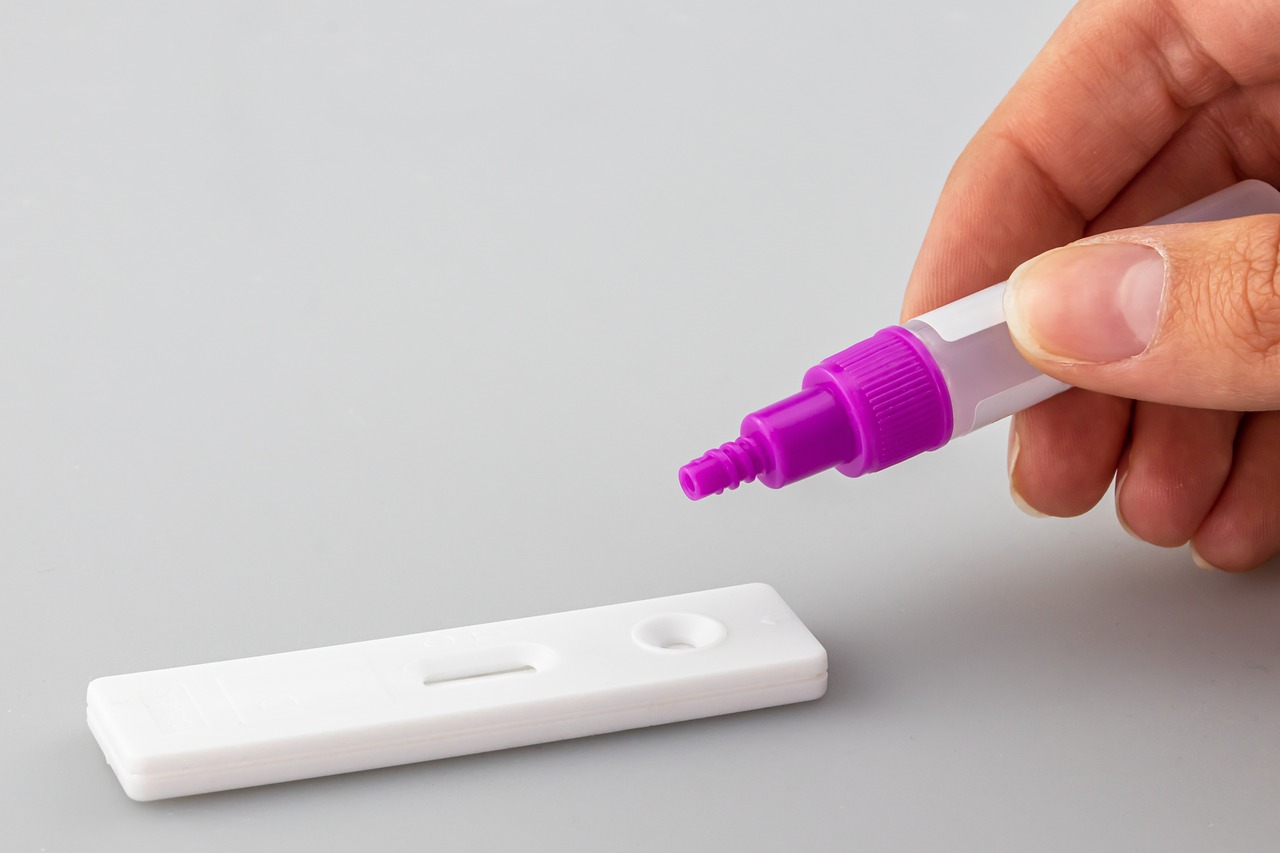When it comes to taking a pregnancy test after intercourse, timing is crucial for accurate results. Understanding how long to wait before taking a pregnancy test can make a significant difference in the reliability of the results. Let’s delve into the various factors that determine when is the best time to take a pregnancy test after intercourse.
- Types of Pregnancy Tests: There are different types of pregnancy tests available, including urine tests and blood tests. Each type has a specific window of time within which it is most accurate.
- Early Detection Tests: Early detection pregnancy tests claim to provide results even before a missed period. While these tests can detect pregnancy early on, they may not always be as accurate as waiting a bit longer.
- Timing Matters: The timing of the test in relation to ovulation and implantation can affect its accuracy. Taking a test too early or too late can lead to false results.
Factors such as the sensitivity of the test, individual hormone levels, and the presence of certain medications or medical conditions can also impact the accuracy of the results. It’s essential to follow the instructions provided with the test kit carefully and consider consulting a healthcare provider if there are any doubts.

Timing of Pregnancy Tests
When it comes to determining how long after intercourse to take a pregnancy test, timing is crucial. Understanding the different types of pregnancy tests available can help you choose the most accurate option for your situation. Whether you opt for a urine-based test or a blood test, knowing when to take the test can impact its reliability.
Early detection pregnancy tests are designed to detect pregnancy hormones at the earliest stages. While these tests offer the benefit of providing results sooner, they also come with limitations. It’s essential to know when these tests can offer reliable results to avoid potential false negatives or positives.
Several factors can affect the accuracy of pregnancy test results. The type of test you choose, the timing of the test after intercourse, and individual health factors can all play a role. Understanding these factors can help you interpret the results correctly and make informed decisions.
When preparing to take a pregnancy test, following some tips and guidelines can increase the accuracy of the results. From choosing the right time of day to ensuring you follow the test instructions carefully, these tips can help reduce the chances of errors and uncertainties.
If you receive unexpected or unclear results from a pregnancy test, it may be time to consult a doctor. Seeking medical advice can provide clarity and guidance on the next steps to take. Knowing when to reach out for professional help is essential for your well-being.
Emotional support and guidance play a significant role in the process of taking a pregnancy test. Whether the results are positive or negative, having support can help you navigate the emotions that come with such a significant moment. Remember, you are not alone in this journey.

Early Detection Tests
When it comes to early detection tests for pregnancy, there are various options available that offer the possibility of detecting pregnancy at an early stage. These tests are designed to detect the presence of the pregnancy hormone hCG in urine, indicating that conception has occurred. One of the main advantages of early detection tests is their ability to provide results even before a missed period, offering early peace of mind or preparation for the exciting journey ahead.
However, it is essential to note that early detection tests may have limitations in terms of accuracy when taken too soon after intercourse. The concentration of hCG in the body may not be sufficient for detection in the early days following conception. Therefore, while these tests can provide quick results, waiting for the optimal time frame recommended by the test manufacturer is crucial to ensure reliable and accurate results.
Some early detection tests claim to offer results as early as six days before a missed period, but it is important to consider the sensitivity and accuracy of each test brand. Factors such as the sensitivity level of the test and individual variations in hCG levels can influence the reliability of early results. Therefore, it is advisable to follow the instructions provided with the test and consider testing again if results are inconclusive or unexpected.

Factors Affecting Test Accuracy
When it comes to the accuracy of pregnancy tests, several factors come into play that can influence the reliability of the results. Understanding these factors is crucial for ensuring that the test results are as accurate as possible. Let’s delve into the various elements that can affect the accuracy of pregnancy tests:
- Type of Test: Different types of pregnancy tests, such as urine tests and blood tests, vary in their sensitivity and accuracy. Blood tests are generally more reliable and can detect pregnancy earlier than urine tests.
- Timing: The timing of taking a pregnancy test is crucial. Testing too early after intercourse may result in a false negative, as the body may not have produced enough hCG hormone to be detected. It is recommended to wait until after a missed period for more accurate results.
- Health Factors: Certain health conditions or medications can affect the accuracy of pregnancy tests. Conditions like polycystic ovary syndrome (PCOS) or hormonal imbalances can interfere with the results.
- User Error: Incorrectly following the instructions of the pregnancy test, such as using the test at the wrong time of day or misinterpreting the results, can lead to inaccurate outcomes.
Considering these factors and taking necessary precautions can help improve the accuracy of pregnancy test results. It is essential to follow the instructions provided with the test carefully and consult a healthcare provider if there are any doubts or concerns about the results.

Tips for Testing
When it comes to taking a pregnancy test, there are several tips and guidelines that can help ensure accurate results and minimize errors. One crucial tip is to carefully read and follow the instructions provided with the test kit. Each test may have specific guidelines for how to collect and test the sample, as well as how long to wait for results.
Additionally, it is recommended to take the test in the morning when the concentration of the pregnancy hormone hCG is typically highest in the urine, increasing the chances of detection. This can help improve the accuracy of the results and reduce the likelihood of false negatives.
It’s essential to check the expiration date of the pregnancy test kit before using it. Using an expired test can lead to inaccurate results. Furthermore, storing the test properly according to the manufacturer’s instructions is crucial to maintain its effectiveness.
Another tip is to avoid consuming excess liquids before taking the test, as this can dilute the urine and potentially affect the accuracy of the results. It’s also advisable to refrain from using diuretics before testing, as they can have a similar effect.
For those using a traditional pregnancy test strip, ensuring the proper immersion of the strip in the urine sample for the specified amount of time is vital. Improper dipping or timing can lead to inaccurate results. If using a digital test, understanding the symbols and indicators on the display is important for interpreting the results correctly.

When to Consult a Doctor
When considering when to consult a doctor regarding pregnancy testing, it is crucial to be aware of certain signs and situations that may warrant medical advice. If you experience any of the following, seeking professional guidance is highly recommended:
- 1. Unclear Results: If the results of your pregnancy test are ambiguous or difficult to interpret, consulting a doctor can provide clarity and ensure proper understanding.
- 2. Unexpected Results: In cases where the test results are unexpected or contrary to your expectations, a healthcare provider can offer insight and guidance on next steps.
- 3. Repeated Negative Results: If you consistently receive negative results on pregnancy tests but suspect you may be pregnant due to symptoms or other reasons, a doctor can investigate further.
- 4. Health Concerns: If you have underlying health conditions or concerns that may impact pregnancy or fertility, consulting a healthcare professional is advisable for personalized advice.
Additionally, if you are experiencing physical symptoms such as severe abdominal pain, abnormal bleeding, or dizziness alongside pregnancy testing, it is essential to seek immediate medical attention. Your well-being and health should always be a top priority, and consulting a doctor can provide the necessary support and guidance during this critical time.

Emotional Support and Guidance
When it comes to taking a pregnancy test, the emotional aspect is just as important as the physical. The anticipation, anxiety, and uncertainty can all take a toll on an individual’s mental well-being. It’s crucial to have during this time, whether the result is positive or negative. Here are some ways to navigate through the emotional rollercoaster of taking a pregnancy test:
- Communicate: Share your feelings with a trusted friend, partner, or family member. Talking about your emotions can help alleviate stress and provide a sense of relief.
- Stay Positive: Maintain a hopeful outlook regardless of the test result. Remember that there are various factors at play, and a negative result doesn’t define your worth or capabilities.
- Seek Professional Help: If you find yourself overwhelmed or struggling to cope with the results, don’t hesitate to reach out to a counselor or therapist for professional guidance.
- Take Care of Yourself: Engage in self-care activities that bring you comfort and relaxation. Whether it’s reading a book, taking a long bath, or going for a walk, prioritize your well-being.
Remember, it’s normal to experience a range of emotions when awaiting the results of a pregnancy test. Surround yourself with supportive individuals, practice self-care, and be gentle with yourself throughout this process. Your emotional well-being is just as important as the outcome of the test.